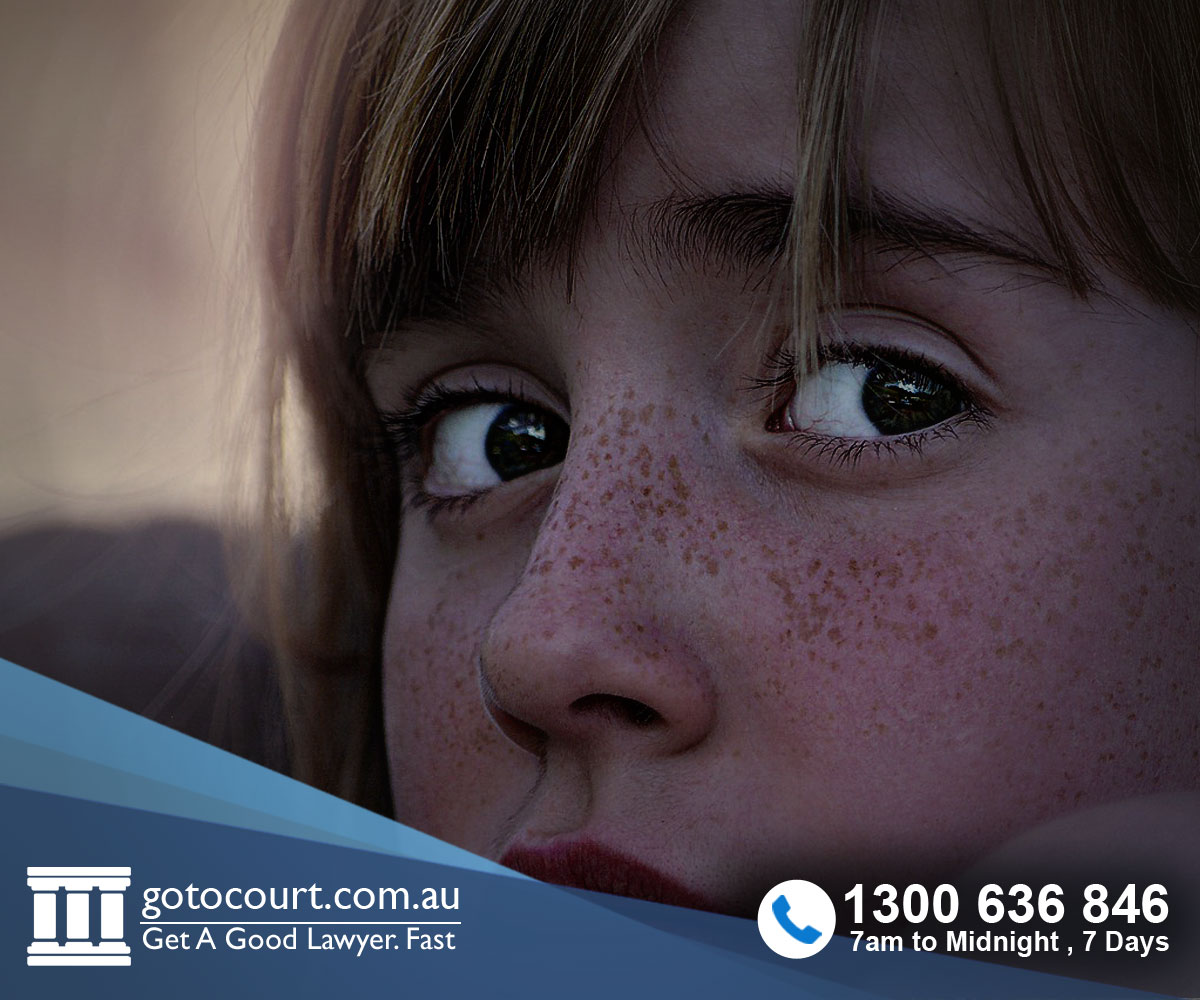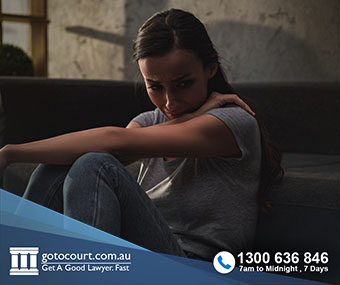Call our lawyers
now
or,
have our lawyers
call you
The Age of Consent: Romeo and Juliette Laws (Tas)
Updated on Dec 12, 2022 • 5 min read • 568 views • Copy Link
The Age of Consent: Romeo and Juliette Laws (Tas)
The age of consent laws across Australia are notoriously inconsistent. While the age of consent stands at 16 in the majority of states and territories, it is 17 in South Australia and Tasmania. In all states, a mistaken but reasonable belief that the child was older than they in fact were can be used as a defence, but different limits are placed on this from state to state. While most jurisdictions have a defence available for the situation where a child consents to sex with a similarly aged child, often known as the ‘Romeo and Juliette law’, Tasmania takes this principle further than other jurisdictions.
The age of consent laws in Tasmania, which were tightened in 2013, remain moderately more liberal than those of the rest of the country.
What is the age of consent in Tasmania?
The age at which a person can consent to sex with any other person in Tasmania is 17. If a person has sex with a person aged under 17, they can use the younger person’s consent as a defence if:
- The younger person was aged 15 or older and the accused was not more than five years older than them;
- The younger person was aged 12 or older and the accused was not more than three years older than them; (Criminal Code Act, Section 124).
The age of consent for sexual activity that falls short of intercourse is also 17 and the same regime of defences where the parties are of a similar age applies (Criminal Code Act, Section 125B).
While up until 2013, the Tasmanian age of consent laws treated anal intercourse differently to vaginal intercourse, this has now been rectified and no distinction is made based on gender or sexuality.
Similar age consent defence
If a person engages in sexual contact with a younger person contrary to these specifications but the accused can demonstrate that they reasonably believed the younger person to be of a lawful age, this may be used as a defence provided the young person is at least 13 years old (Criminal Code Act, Section 14B).
The defence of ‘similar age consent’ exists in some form in all states and territories with the exception of the Northern Territory, where any sexual contact involving a person under 16 is an offence. The similar age defence is based on the idea that consensual sexual behaviour between teenagers of a comparable age is part of a person’s healthy sexual development and should not be criminalised. Laws that criminalise consensual sex between young people are widely believed to limit access to sexual health services and contraception for young people. They can also lead to young people being placed on a sex offenders registry as the result of behaviour that could rightly be characterised as a normal part of growing up.
In Tasmania, the legislative regime that governs consensual sex between similarly aged young people is relatively permissive. While in many other states, a similar age defence can be argued only if parties are within two years of each other’s age, in Tasmania the law recognises the increasing sexual agency of teenagers as they mature and provides for lawful sexual contact to occur between teenagers who are within three years in age in their early teens, with a wider age gap being permissible in the later teens.
Mistake as to age defence
Until 2013, there was no lower age limit for the ‘mistake as to age’ defence in Tasmania. However, in 2013 the Criminal Code Act Tasmania was amended and this defence is now available only in cases where the younger party was aged 13 or older (Section 14B).
In order to successfully argue this defence, an accused must demonstrate that he or she held an honest and reasonable, but mistaken belief about the age of the younger party. In order for a court to find that such a belief was honest and reasonable, the accused has to have taken all reasonable steps to ascertain the age of the young person. The accused must not be found to have made a reasonable mistake if the mistake came about only because of a state of voluntary intoxication.
The amendment of the Criminal Code Act to limit the mistake of age defence was met with mixed responses. Some groups saw it as sending a strong message about the importance of protecting young people and making it easier for offences to be successfully prosecuted. Others argued that the change to the law was unlikely to act as a deterrent to sex offenders and that the mental fault element is an essential part of any criminal offence.
Conclusion
Tasmania’s age of consent laws have been praised as achieving a balance between protecting young people from abuse and upholding their rights to privacy and autonomy and their evolving capacity to engage in consensual relationships. However, the laws have also been criticised as insufficiently guarding against the exploitation of young people. While the 2013 amendment to the Criminal Code Act brought Tasmania’s age of consent laws closer to those of the rest of the country, Tasmania remains the most permissive jurisdiction with regard to sexual activity by young people.

Affordable Lawyers
Our Go To Court Lawyers will assist you in all areas of law. We specialise in providing legal advice urgently – at the time when you need it most. If you need a lawyer right now, today, we can help you – no matter where you are in Australia.How It Works







1. You speak directly to a lawyer
When you call the Go To Court Legal Hotline, you will be connected directly to a lawyer, every time.


2. Get your legal situation assessed
We determine the best way forward in your legal matter, free of charge. If you want to go ahead and book a face-to-face appointment, we will connect you with a specialist in your local area.


3. We arrange everything as needed
If you want to go ahead and book a fact-to-face appointment, we will connect you with a specialist in your local area no matter where you are and even at very short notice.























